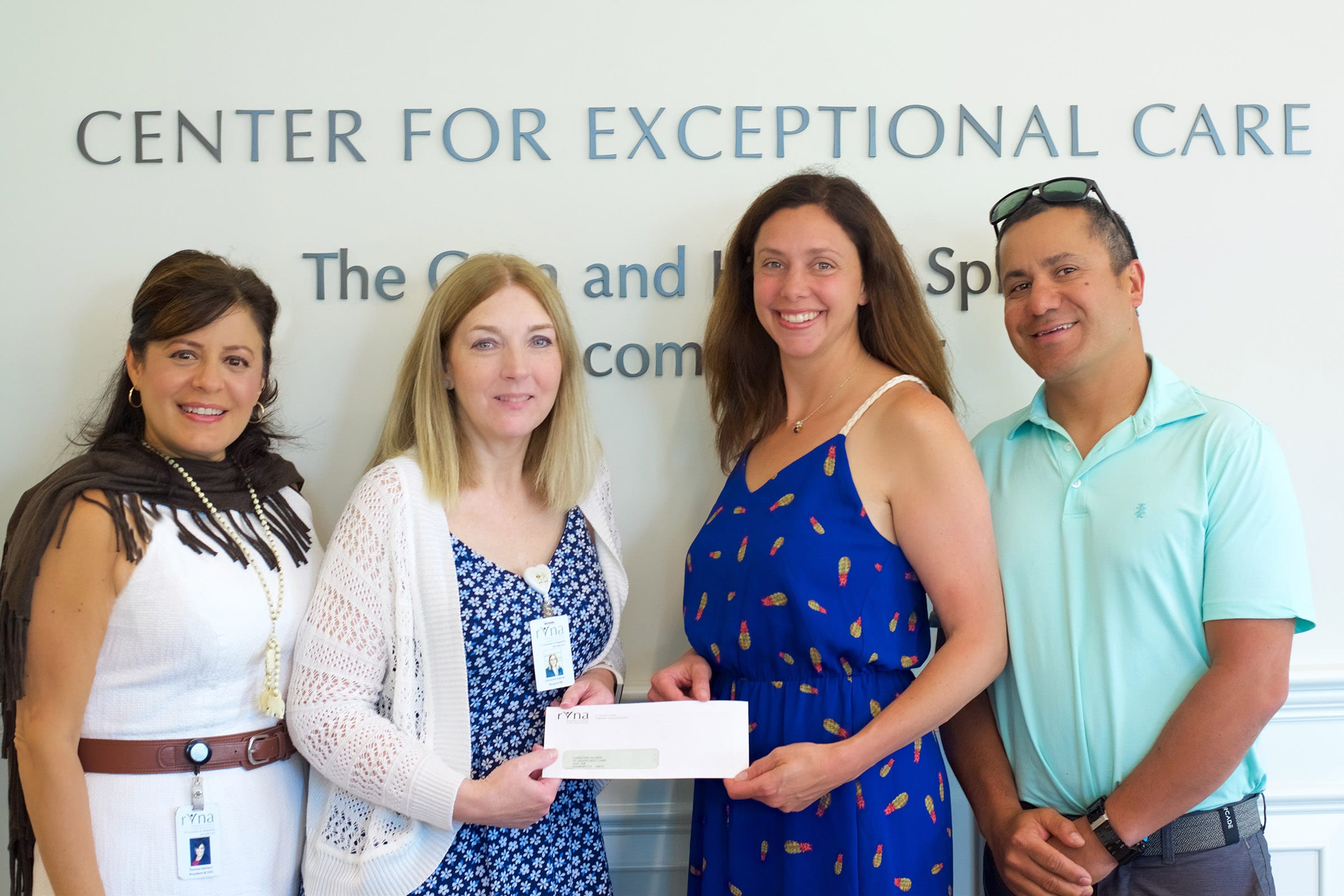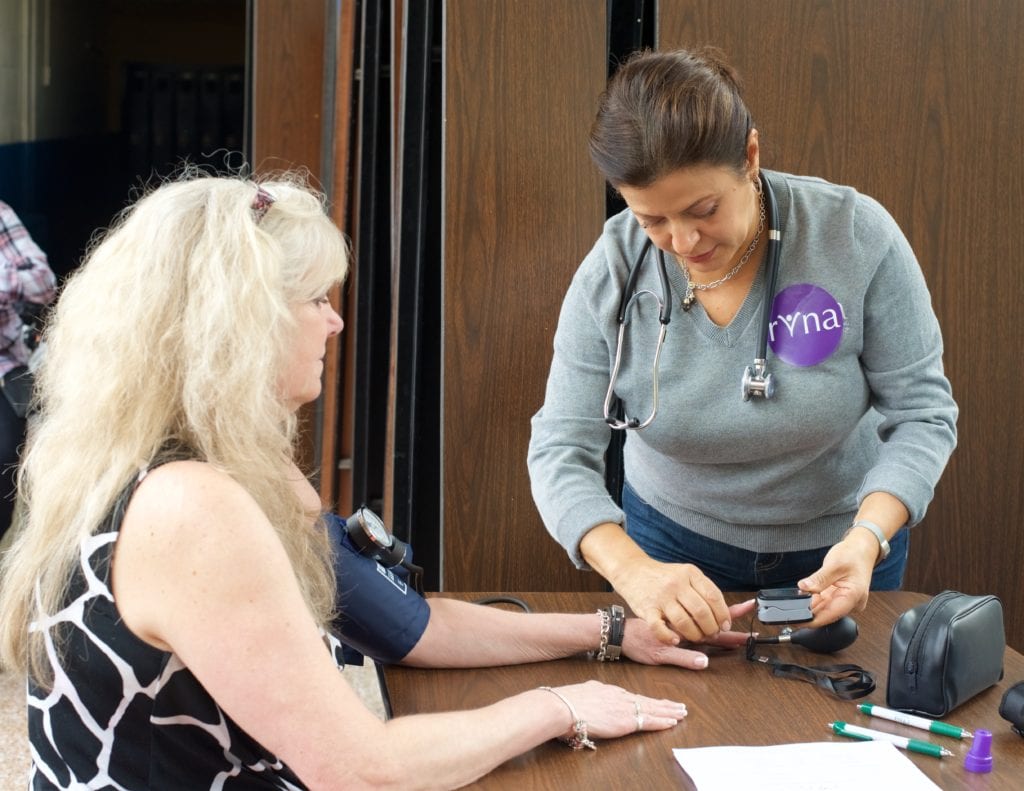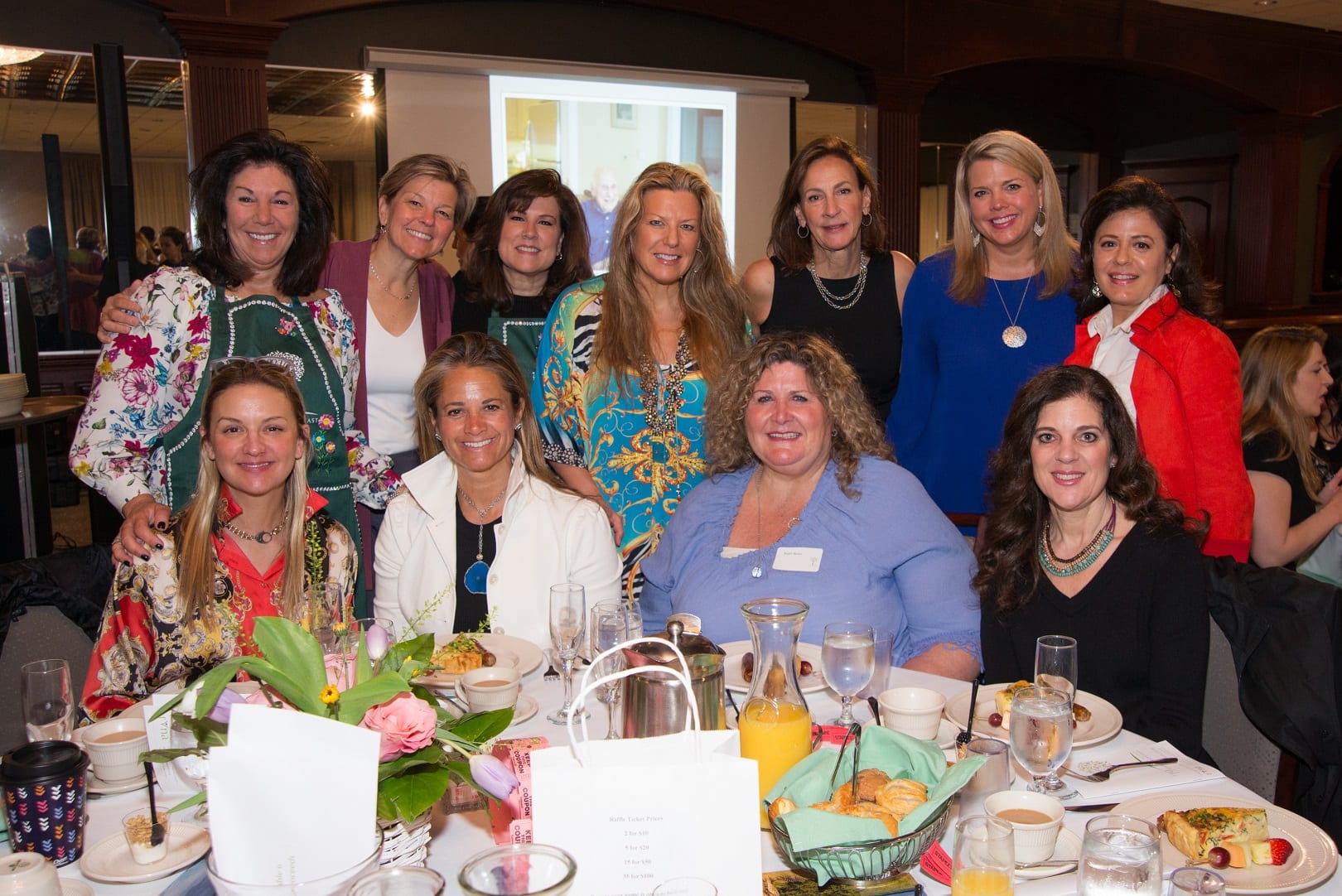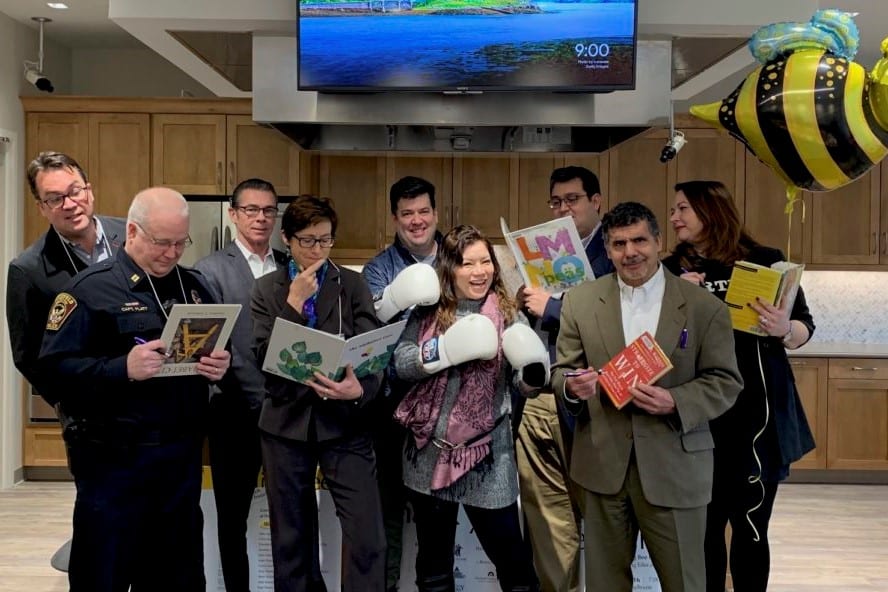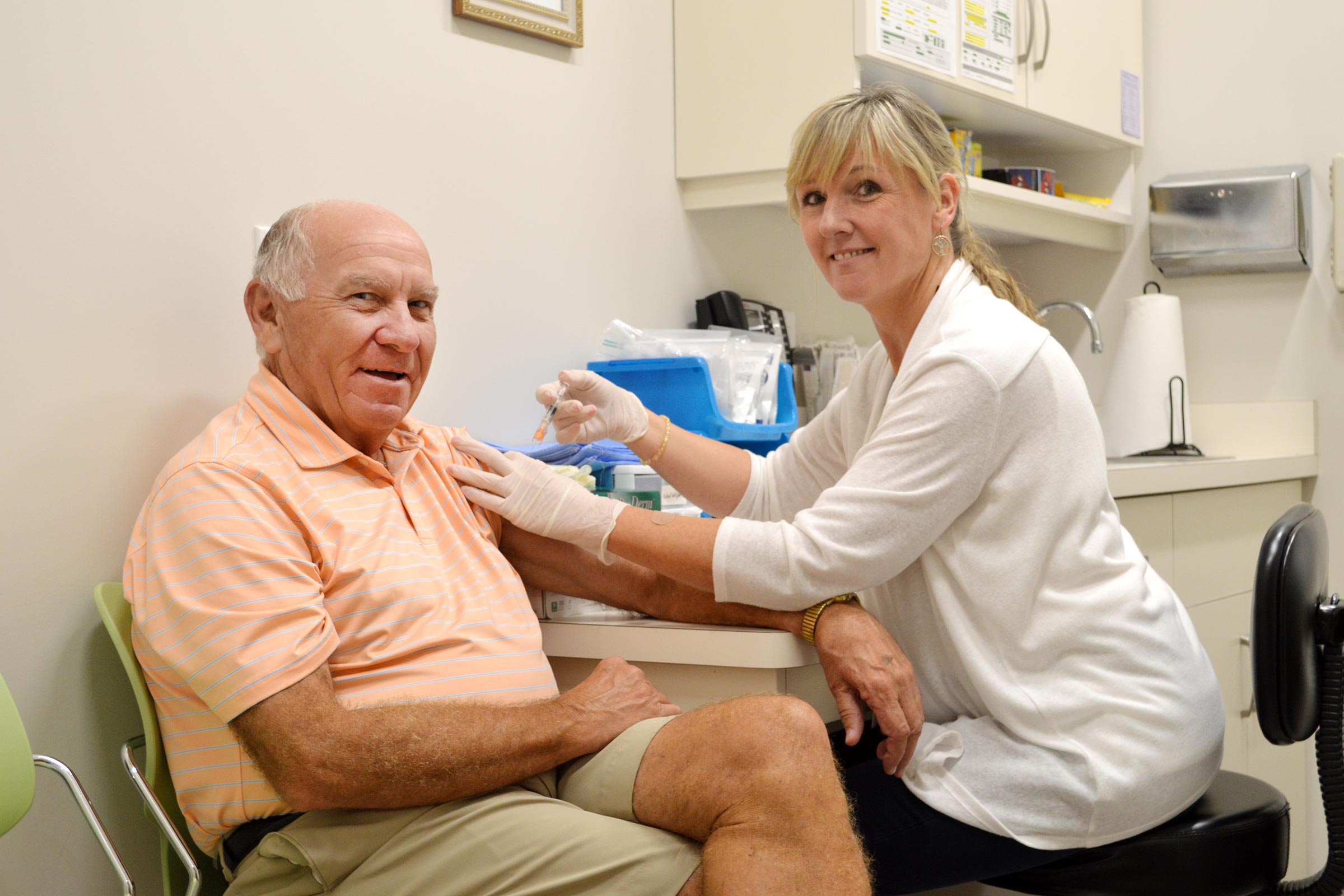Above: Students off to conquer the world!
With the 2019-20 school year in session, it’s time to pay attention to one big test that many students today face. You might be thinking about those pesky, annual standardized tests, or perhaps the SATs. But today we’re here to talk about posture.
“Kids’ postures are under constant assault these days,” says Gigi Weiss, MSPT, RVNAhealth’s Director of Rehabilitation. She points to a couple of culprits. First, the stuffed-to-the-gills backpacks that students often lug to, from and around school each day. Second, cell phones, which – when stared down at too much – can cause a painful condition known as “text neck.”
Misuse of these ubiquitous accessories places an enormous amount of stress on growing, developing bodies, and can eventually cause a slumping posture. A normal, healthy spine has an S-shaped curve,” says Weiss. “When you’re slumping, the spine has a C-shaped curve.”
Some signs that your child might need a better (or lighter) backpack or less time staring down at a cell phone include discomfort or pain in the neck, shoulder or lower back, or any combination of the above.
To help your child avoid getting text neck or a C-shaped curve, Weiss shares some recommendations:
Backpacks
- Should ideally be 10 percent, but never more than 15 percent, of body weight (for your 50-pounder, that’s just 5-7 pounds!).
- Straps should be on both shoulders and cinched tightly to the body.
- Heaviest items should be placed closest to the body.
Cell phones (this can be trickier!)
- Teach your kid to look down at the screen with their eyes, rather than bending the neck – or to hold the phone up closer to eye level.
- When you see hunching, encourage backward shoulder rolls: Shrug shoulders, extend shoulder blades toward each other…enjoy, repeat.
- Encourage daily physical activity (a win/win, compared to simply limiting device time)
To learn more about keeping your child’s S-curve in tiptop shape, contact the RVNAhealth team at 203-438-5555 or AskOurPT@rvnahealth.org.


